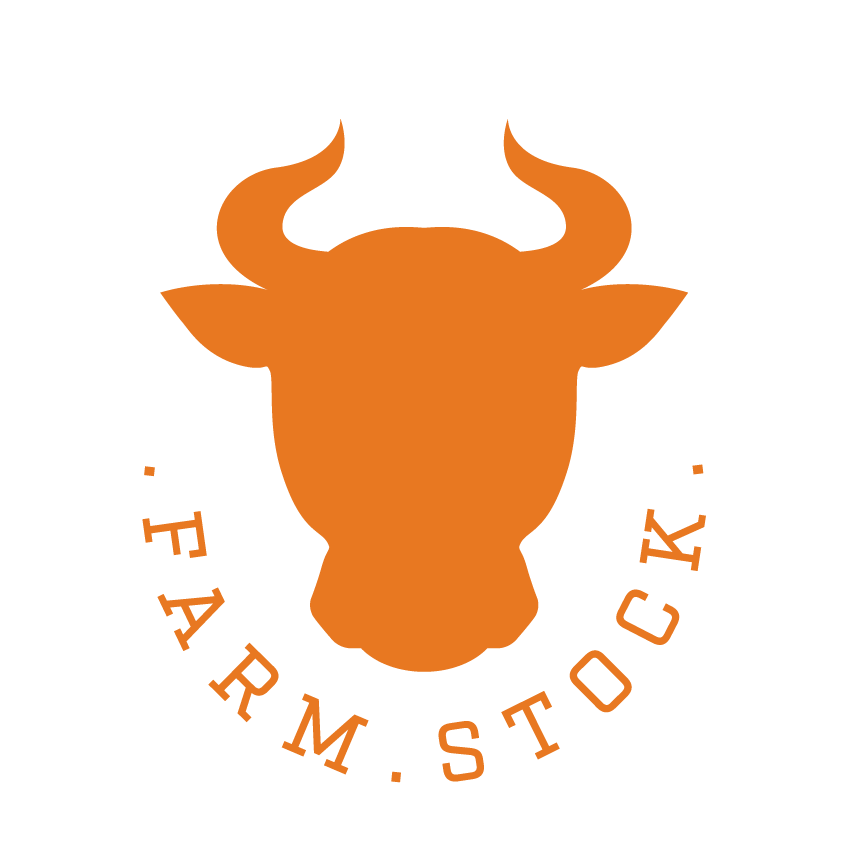Dispelling big media lies about British farming

Channel 4 have released their Big British Beef Battle documentary and British livestock farmers are wrongly under attack.
The documentary looks at the impact beef production has on climate change and makes the argument that we should reducing our beef intake to protect the planet.
The problem is that the documentary is filled with inaccuracies and very misleading claims that wrongly demonise livestock farmers here in the UK.
So I'm going to dispel a few big media lies about British farming.
Global figures
One of the main issues with the documentary is that it uses global emissions figures for a documentary entitled The Big British Beef Battle. Not only is that inaccurate but it's also hugely misleading.

And whilst I'm not going to disagree with those figures on a global scale, none of them relate to livestock farming here in the UK.
When we look at the data produced by the AHDB for beef produced in England the figures are much less - around 23g of emissions produced per kg.

The biogenic carbon cycle
That's a complex name for what is a relatively simple but hugely overlooked concept that addresses the concern over the amount of methane produced by cattle.

The emissions produced by cattle form part of a natural cycle in where the methane produced is oxidised into CO2 and then reabsorbed by the grassland.
Most media and anti-meat campaigners only focus on one small part of this cycle which gives a very distorted image of what's actually happening.
Carbon tunnel vision
The only leg that the anti-meat campaigners can really stand on is that of carbon emissions.
And whilst everyone is so focused on the carbon emissions of cattle, they lose sight of, or fail to mention, all of the other benefits that ruminants have on the environment.

All of these additional benefits cattle have on the environment are all hugely important when establishing whether or not red meat is damaging the environment.
So what can we do?
Whilst these documentaries are harmful to the farming industry and go someway to shaping peoples perception of red meat, they do provide a platform to share our side of the story.
Livestock farming in this country shouldn't be demonised or be a source of shame.
We should be reminding consumers that British farming is part of the climate solution, not the problem.
We should be proud of that and not scared to shout about it.
Until next week.....
